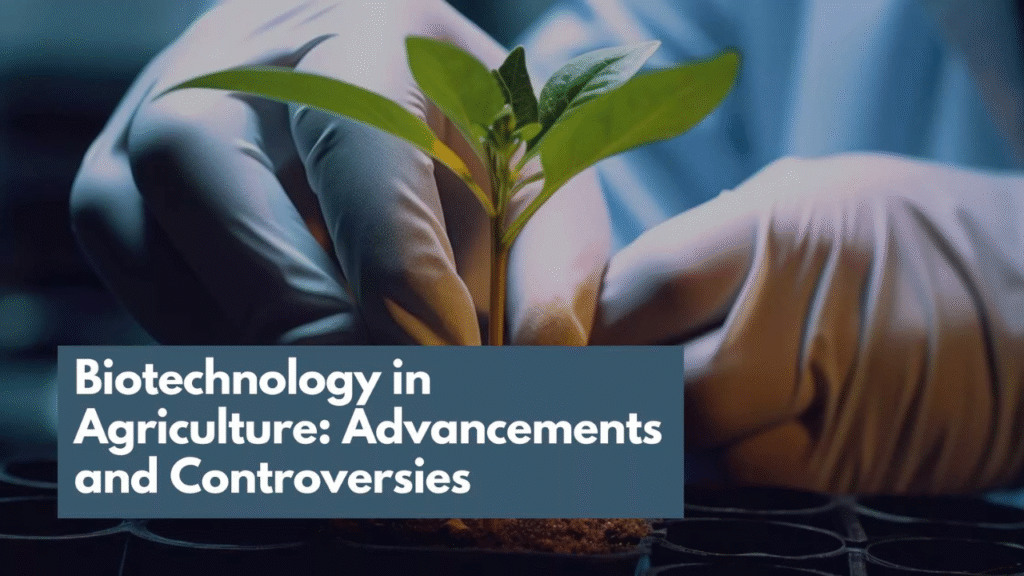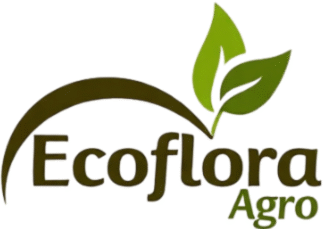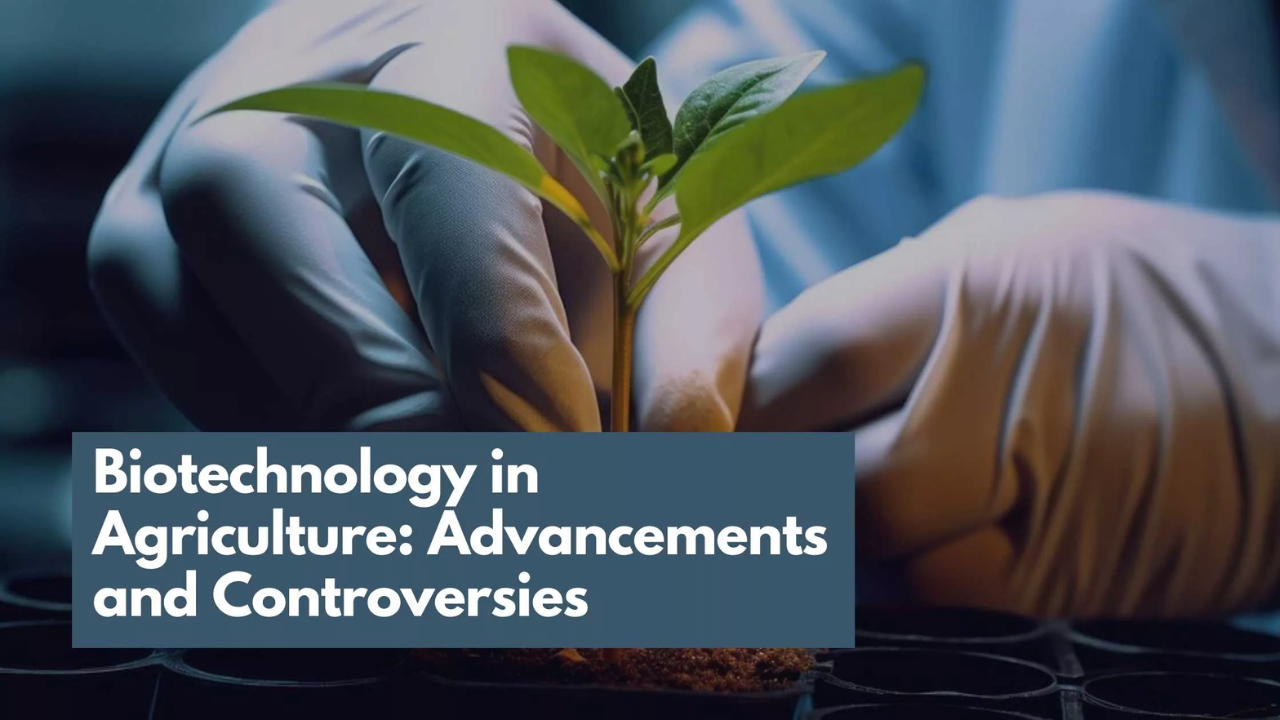
As the world demands more sustainable agriculture, organic farming and biotechnology — once seen as opposing forces — are increasingly converging in complex and controversial ways. While organic farming relies on nature-based solutions, biotechnology offers scientific tools to enhance productivity and resilience. Can these two worlds co-exist? Or is biotech a threat to the core values of organic agriculture?
This article explores the delicate intersection of biotechnology and organic farming, covering the potential opportunities, persistent controversies, and what the future may hold.
What Is Biotechnology in Agriculture?
Biotechnology refers to scientific methods — such as molecular markers, tissue culture, microbial fermentation, and genetic editing — to improve crops, animals, and farming systems. It is often associated with genetically modified organisms (GMOs), but not all biotech applications involve gene manipulation.
Organic farming, by contrast, rejects synthetic inputs and emphasizes natural soil health, biodiversity, and ecological balance. The key question is: Can certain biotech tools align with organic principles?
Opportunities for Organic Farming Through Biotech
Biotech is not inherently anti-organic. When GMOs are excluded, several tools can enhance organic systems without compromising standards.
1. Marker-Assisted Breeding
This technique helps develop crop varieties with improved resistance to pests and drought — without inserting foreign genes.
2. Biological Pest Control
Microbial biopesticides and entomopathogenic fungi, developed through biotechnology, can help manage pests organically.
3. Tissue Culture Propagation
Biotech allows for the rapid multiplication of disease-free, high-quality planting material suitable for organic farming.
4. Biofertilizers and Biostimulants
Engineered soil microbes improve nitrogen fixation, phosphate solubilization, and root development without synthetic fertilizers.
5. RNA Interference (RNAi)
This emerging technology disables specific pest genes, providing a targeted solution that doesn’t alter the plant’s genome.
Benefits Table: Biotech-Compatible Tools for Organic Systems
| Biotech Application | Organic-Compatible? | Key Benefits in Organic Farming |
|---|---|---|
| Marker-Assisted Selection | Yes | Disease resistance, better adaptation |
| Microbial Biopesticides | Yes | Pest control without synthetic chemicals |
| Tissue Culture | Yes | High-yield, disease-free seedling production |
| Biofertilizers | Yes | Improved soil health and nutrient cycling |
| RNAi Technology | Emerging/Conditional | Targeted pest control without plant modification |
Persistent Controversies in the Organic-Biotech Debate
Despite these benefits, major controversies surround the inclusion of biotechnology in organic farming, largely due to regulatory, ethical, and consumer perception issues.
1. GMO Prohibition
Most organic certifications globally (including USDA and EU) ban GMOs outright, citing ecosystem risks and contamination fears.
2. Consumer Mistrust
Consumers associate “organic” with “natural.” The introduction of biotech — even non-GMO — could undermine brand trust.
3. Corporate Ownership of Technology
Biotech innovation is often patented. This raises concerns about farmer autonomy and seed sovereignty in organic systems.
4. Loss of Biodiversity
Some fear that biotech could encourage monocultures, a risk that organic farming traditionally works to avoid.
5. Regulatory Confusion
There is no global standard on biotech in organic systems, leading to trade issues and inconsistent enforcement.
Comparison Table: Biotech Benefits vs. Organic Concerns
| Category | Biotechnology Advantage | Organic Concern |
|---|---|---|
| Crop Resilience | Faster breeding of pest- and drought-resistant crops | Possible cross-contamination with GM crops |
| Pest Control | Environmentally friendly biopesticides | Lack of transparency in sourcing and formulation |
| Soil Health | Engineered microbes enhance nutrient cycles | Uncertainty over long-term soil microbial balance |
| Certification | Non-GMO tools may comply with some standards | Risk of certification loss due to perceived violations |
| Consumer Demand | Tech-enhanced yields can reduce costs | Shoppers may reject “tech-based” organic products |
The Global Regulatory Landscape
Regulations determine how much biotech can enter organic systems:
| Country/Region | GMO Policy in Organic Farming | Biotech Exceptions Allowed? |
|---|---|---|
| European Union | Strict GMO ban | No GMO or gene-edited materials allowed |
| United States (USDA) | GMO banned | Allows microbial biopesticides, etc. |
| India (NPOP) | GMO prohibited | Biotech microbes and inputs permitted |
| Canada | Zero-tolerance GMO policy | RNAi and microbial agents under review |
| Australia/New Zealand | Ban on GMOs in organics | Evaluation underway for non-GMO biotech |
Overview Table: Biotechnology in Organic Farming
| Aspect | Description |
|---|---|
| Role of Biotech | Enhances organic practices via precision tools, minus GMOs |
| Major Opportunities | Pest resistance, plant propagation, soil health |
| Key Controversies | GMOs, consumer trust, corporate control, biodiversity |
| Regulatory Complexity | Varies globally; some non-GMO biotech allowed |
| Future Possibilities | Gene-editing, AI-biotech integration, transparent biotech labeling |
| Core Conflict | Innovation vs. maintaining natural and traditional organic identity |
Final Thoughts
Biotechnology may not replace traditional organic practices, but it could supplement and enhance them — provided it respects the ecological values that define organic farming. The path forward lies in clear standards, transparent practices, and consumer education. It’s not just about science — it’s about trust.
3 Best One-Line FAQs
Q1: Can biotechnology be used in organic farming?
Yes, certain non-GMO biotech tools like biopesticides and tissue culture are widely accepted.
Q2: Are GMOs allowed in certified organic farming?
No, most global organic standards strictly prohibit GMOs in organic-certified farms.
Q3: Why is biotech controversial in organic agriculture?
Because it may compromise natural principles, trigger consumer mistrust, and increase corporate control.

